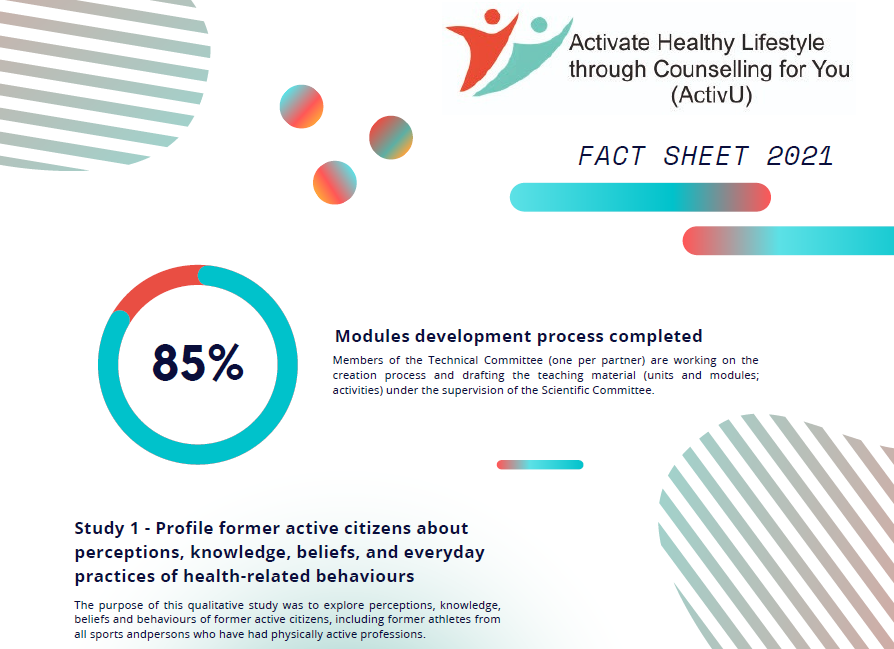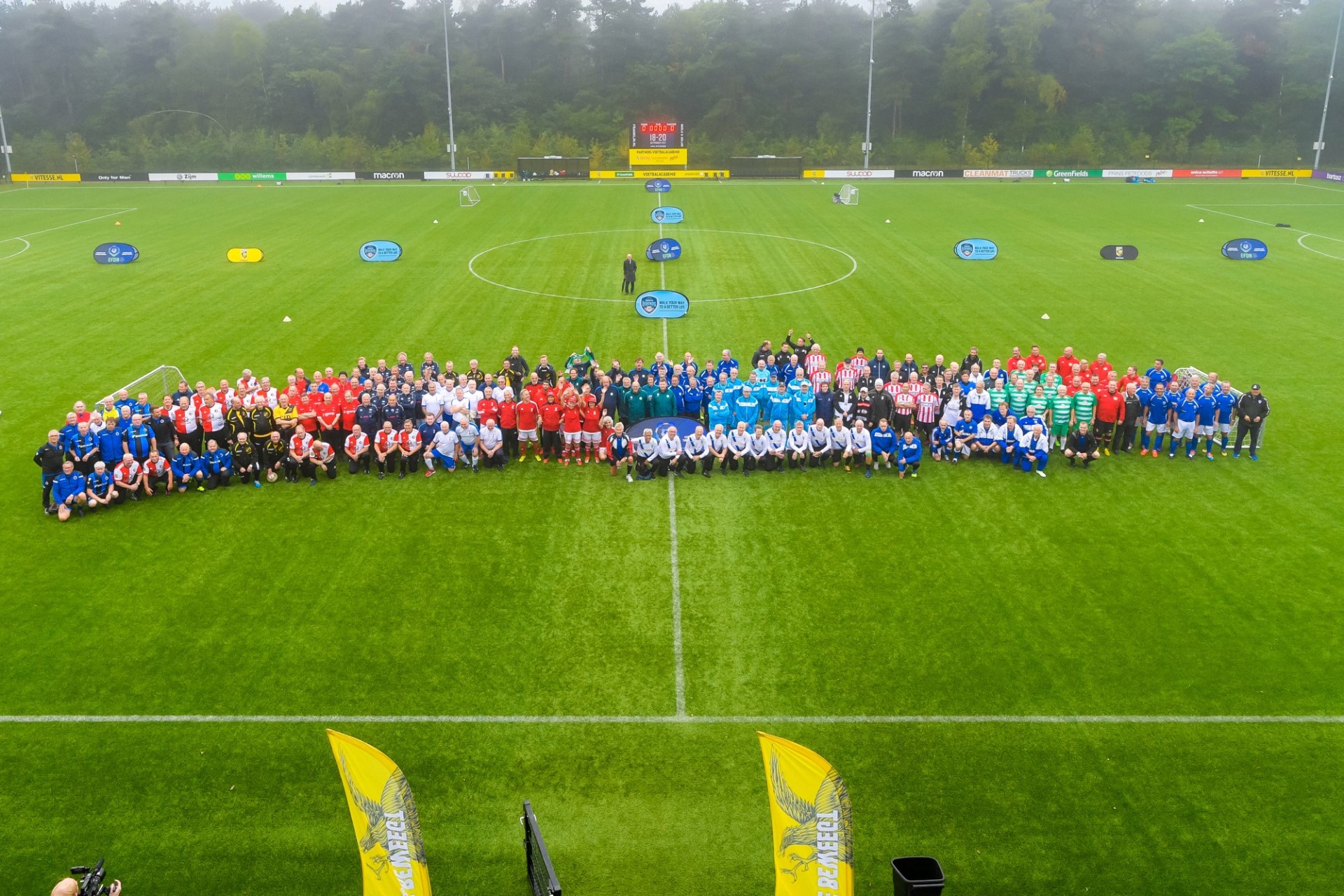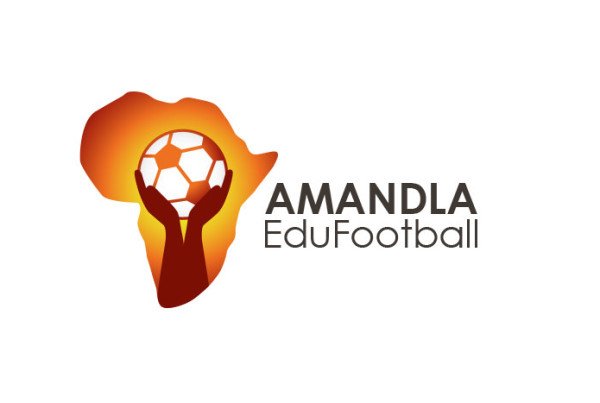The glass ceiling in European football
The findings in this report illustrate the levels of representation of ‘visible’ minorities and women in senior governance, senior operations and senior coaching positions in football in Europe. The findings are based on docu-mentary and web-based analysis of the demographic background and occupational status of 4,608 individuals in positions of this kind at national league associations, national football federations and UEFA, and at a sample group of elite level professional clubs in seven countries: England, Germany, Spain, Belgium, France, Italy and the Netherlands. This analysis was conducted between October and December 2013.
The findings in this report also illustrate a series of individual, cultural and structural factors which have enabled and/or disabled the career progression of ‘visible’ minority coaches in England, France and the Netherlands. The findings are based analysis of semi-structured interviews conducted with 40 highly qualified ‘visible’ minority coaches with significant experience of working within professional and semi-professional football in each of the countries under review. These interviews were conducted between May 2012 and December 2013.
The term ‘visible’ minority is used in this report as a broad descriptive marker to refer to ethnically distinct populations drawn from non-European heritage who reside in countries in Europe in which they make up a numerical minority. These ‘visible’ minorities include generationally settled and new migrant populations drawn from Asia, Africa, the Caribbean, and the Middle East. They also include the ‘special case’ of migrant Turkish popu-lation’s who’s ethnic, cultural and religious ‘visibility’ seems heightened in many countries of settlement in Europe.
In the limited context of this report, the term ‘visible’ minority does not apply to ethnic, cultural, national or reli-gious minorities such as Basques, Jewish or Roma populations. Nor does it apply to economic inmigrants drawn from EU accession countries in Central and Eastern Europe, where such minorities could broadly be described as white.
Download Document
ActivU – 3rd Fact Sheet
ActivU (Activate Healthy Lifestyle through Counselling for You) partners published the 3rd factsheet of the project. ActivU aims to increase ...
Download Document
Football Works Festival 2019 Presentations – Hubert Rovers (EFDN)
Hubert Rovers, CEO of the European Football for Development Network, gave an overview of the Morethanfootball movement. The presentation highlights ...
Download Document
AMANDLA EduFootball – CSR Report, 2011
AMANDLA engages socially and economically disadvantaged young people through innovative football-based education programmes. The knowledge and skills young people gain ...
Download Document